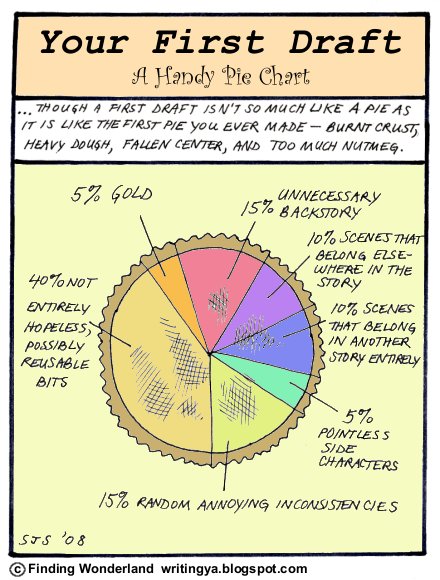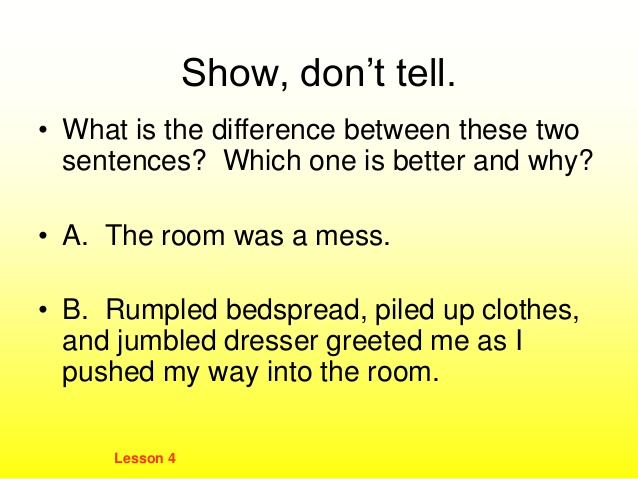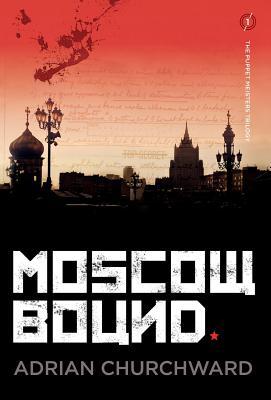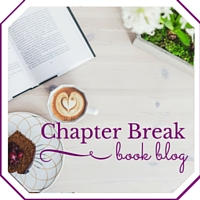Guest Post: Writing Tips from a Beginner by Adrian Churchward
My first novel has been published, but it wouldn’t have been if I hadn’t been given a myriad of tips from experienced writers, novelists and bloggers, all of whom gave me their advice for free.
There are, however, five tips which I consider to be the basic tools for any writing:
- Writing is in the rewriting

Few of us are blessed with the ability to write a masterpiece at the first draft stage, although many of us neophytes think we can. “Look what I have just written! How could anybody possibly criticise it, after the months or even years of sweated labour I’ve put into it? Go on tell me, what’s wrong with it?” Usually, the professional answer (from an agent or editor) is something we don’t want to hear, as distinct from our relatives and friends who will hail us as the next Shakespeare for fear of upsetting our ego.
The reason why most first drafts should be consigned to the dustbin of history is because it is no more than the bones on which to hang the flesh. It tends to be incoherent, contradictory and replete with typos, too many adverbs (a major crime) with stilted or unnatural dialogue.
An easy way to test this theory is to put the script aside for a week or two, then return to it. You will be surprised how easy it will be to spot not only simple typos, but character inconsistencies, storyline contradictions, not to mention factual errors due to lack of sufficient research.
Thornton Wilder, the novelist and playwright, said “There are passages in every novel whose first writing is the last. But it’s the joint and cement between those passages that take a great deal of rewriting.”
New, and sometimes better, ideas occur during the rewriting process.
- Write every day
Set aside a time every day (or night) for writing, be it 15 minutes, an hour or more. Turn off of the phone, TV and radio, ignore the door bell and stay away from social media. It doesn’t matter how many words a day you write: 200 or 2,000. What matters is that you write on a regular basis. The words you write won’t necessarily end up in your published book, but they will get you into the writing habit.
- Show don’t tell

This maxim can at times be controversial. It seems to be the mantra spouted in most creative writing courses and by agents, even literary (as distinct from commercial fiction). Since the advent of motion pictures, the publishing industry has decided that people’s attention span is best secured by images (mental or actual), rather than having to pour over pages and pages of prose description, as beautiful as it may be. It is often said that the literary luminaries of yesteryear e.g. the Brontes, Flaubert, Henry James, Thomas Mann, Leo Tolstoy etc would find it difficult to be published nowadays, in the mainstream at least.
- Point of view (POV)

All stories have to be told from somebody’s POV: the narrator, one person (normally the protagonist), more than person or any combination of the three.
If the narrator’s POV is being used he/she will often get into the minds of every character in a scene and will be able to explain not only what that character is doing but also what he/she is thinking – it’s sometimes called the omniscient POV
If the story is told from one person’s POV, the reader will only know what that person is seeing and thinking; it will of course include what other characters say and do to that person, but not what they are thinking.
The more POVs the storyteller applies, the more the reader will understand what motivates those persons. However, beware that multiple POVs tend to clutter the narrative and are liable to confuse the reader.
There are pros and cons of using each of these forms of POV, but what should be avoided is changing from POV to POV in one exchange of dialogue, or one paragraph or even one chapter. It can jolt the smooth flow of the narrative.
- Proof-reading
Even if you do not employ a storyline or copy editor due e.g. to limited financial resources, proof-reading by somebody other than yourself is a must. Few, if any, of us are capable of casting the much-needed eagle eye over our own work.
No matter how experienced and successful we may be, we will be certain to miss some typos, grammar mistakes, punctuation, formatting and much else, all of which will add up to sloppy workmanship and will put readers off. I have heard so many people say that they will give up reading a book if it looks as though the author hasn’t taken the trouble to have it proof read.
For more detailed information see:
Beth Shope: “True Writing is Rewriting” at http://fmwriters.com/Visionback/Issue9/true.htm
Emma Darwin: “Showing and Telling: the basics” at http://emmadarwin.typepad.com/thisitchofwriting/showing-and-telling-the-basics.html
 Title: Moscow Bound
Title: Moscow Bound
Author: Adrian Churchward
Ekaterina Romanova, the estranged wife of Russia’s wealthiest oligarch Konstantin Gravchenko, asks Scott to find the father she’s never met. She believes he’s been languishing for decades without trial in the Gulag system. Meanwhile, General Pravda of military intelligence, though an advocate of transparency, is determined to protect a covert operation that he’s been running for years.
General Pravda hinders Ekaterina and Scott at every turn and lawyer and client are forced to go on the run for a murder they didn’t commit. As they descend into the Hades that is the world of international realpolitik Scott is compelled to reconsider his own values, and Pravda’s life’s work disintegrates, when Scott uncovers a 50 year-old Cold War secret, which both the Russian and US governments are still trying to hide from the public domain.
Moscow Bound is the first book in The Puppet Meisters trilogy, dealing with state abuse of power.
About the Author
Between 1984 and 1998 Adrian Churchward lived and worked in Moscow, Budapest and Prague as an East–West trade lawyer, representing British, American and German corporations.
During this period he became proficient in translating Russian commercial and legal texts into English.
He was one of the few Western lawyers working in the day-today arena of President Gorbachev’s liberalisation process of perestroika and glasnost, and which ultimately resulted in the collapse of communism and disintegration of the Soviet Union.
In 1991, he witnessed the abortive coup against Gorbachev and in 1993, he was again present in Moscow when Yeltsin ordered the shelling of the Russian parliament building, aka the “The Russian White House”.
He lives in London where he divides his endeavours between working as a part time legal consultant and writing political suspense novels.
He has two daughters, one son and five grandchildren.
Visit Adrian’s Website and follow him on Facebook and Twitter
Note: Some posts may contain affiliate links. Should you choose to purchase a product, we will receive a small commission for the sale at no additional cost to you. Chapter Break is a participant in the Amazon Services LLC Associates Program, an affiliate advertising program designed to provide a means for sites to earn advertising fees by advertising and linking to Amazon.com.



